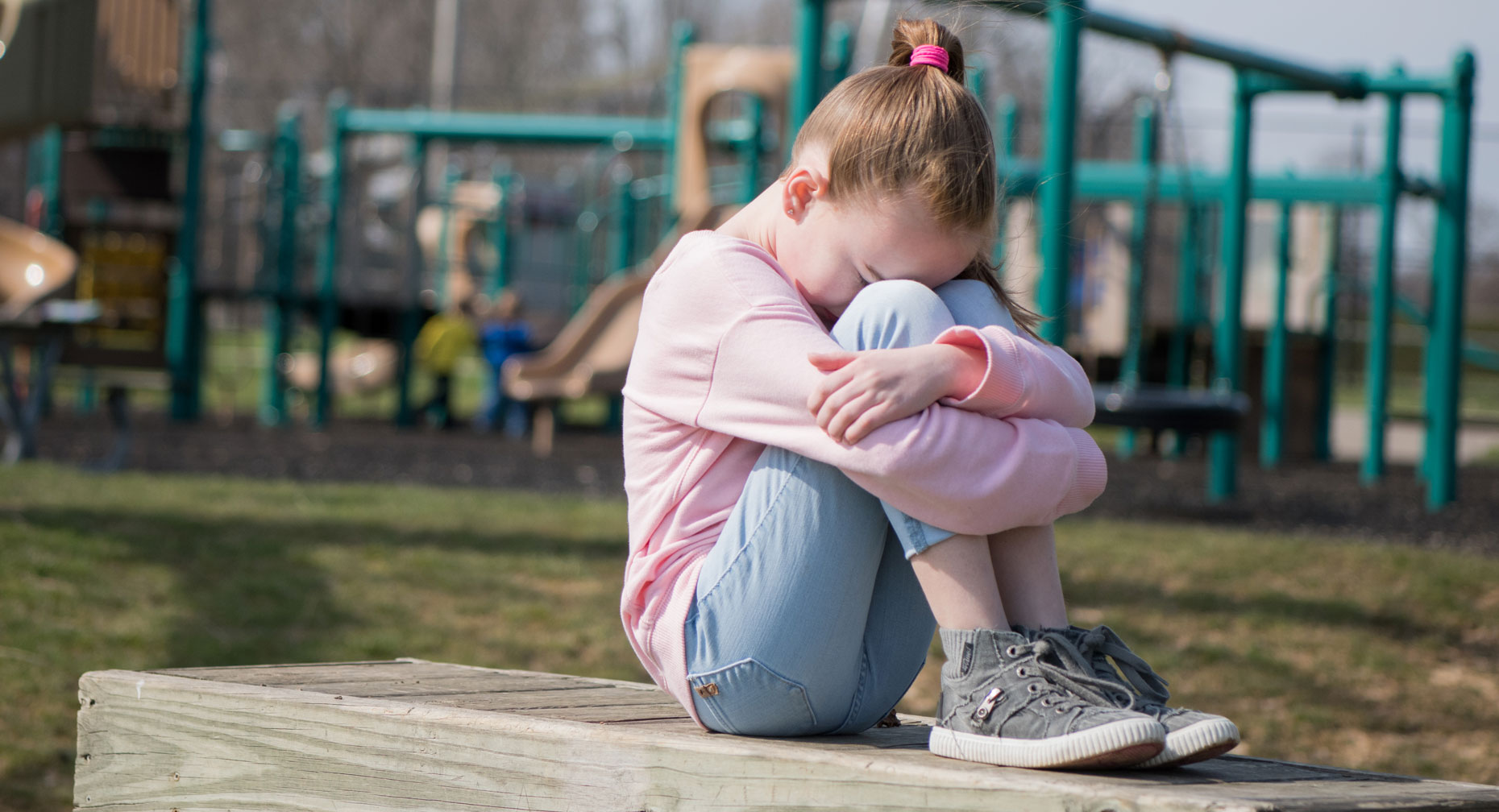How to Handle a Bully

Answer a few questions and we'll provide you with a list of primary care providers that best fit your needs.
It’s a common fear for parents. Every day, 160,000 children miss school because of the threat of being bullied, according to the National Education Association. The bullying can range from name calling or derogatory comments on social media to excluding someone from activities or physically attacking that person.
Bullies are made, not born, says Samaritan Behavioral Health Director Melissa Jones, MRC, LPCC-SC, LICDC-CS. It is a learned behavior either at home or in society.
She explains, “Bullying often is the child’s response to stress, inconsistent discipline, abuse or being bullied by their own parents. Kids bully because they have no control in their own world. It is a way for them to regain power.”
Kids bully because they have no control in their own world. It is a way for them to regain power.”
Strategies to Deal with Bullies
So, what’s a parent to do? There are several strategies to support or empower your child who is being bullied:
- Talk to your child’s teacher rather than confronting the parents of a bully. If that doesn’t work, talk to the principal.
- Establish good communication with your child from an early age so you become a trusted resource in her life. If you haven’t done it yet, it’s never too late.
- Talk with your child about how to solve problems without using violence, and praise your child for peacefully settling confrontations or disagreements. Show your child how to resolve conflicts effectively by the way you resolve conflicts.
- When your child behaves well, offer positive feedback to boost his self-confidence. Also, encourage him to walk upright, look people in the eye and speak clearly to look and feel more confident.
- If your child says she’s been bullied, take her seriously. If you dismiss her distress, she may be too embarrassed to bring it up again.
- Stop any bullying you see and encourage your child to do the same.
- Don’t be a bully to your kids or others. Many children who are bullied at home lash out by bullying other children. Hitting, ridiculing or gossiping about others are behaviors that children model. Set a good example by showing compassion and kindness toward others.
- Encourage your child to meet new groups of friends through activities outside of school. Activities that bring your child face to face with other kids promote healthy social development and help counteract the self-doubt a bully creates.
- Support bully prevention programs in your school or start a dialogue among parents and neighbors.
What if Your Child is the Bully?

If you’re concerned that your child is the bully, you can have enormous influence on your child’s behavior. Here are some things you can do:
- Don’t excuse bullying behavior or treat it as a passing phase. It’s hurting another child right now.
- Ask your child what he’s feeling and try to discover stressors or insecurities so you can provide reassurance.
- Talk to your child about how it feels to be bullied and nurture empathy for other people’s feelings.
- Talk to your child’s teacher about what he or she observes and work together to address any difficulties.
- Make sure no one in your family is bullying your child at home.
- Monitor your child’s phone and electronic use and limit screen time, which averages seven to eight hours a day for many children.
“Most parents underestimate the impact of gaming and social media,” Jones notes. “Aggression in children is subtle but cumulative with constant exposure.” She emphasizes the value of staying engaged with your child and maintaining an open dialogue. “A loving parent can override a lot of the negativity children face.”
Learn more strategies on handling a bully.
Answer a few questions and we'll provide you with a list of primary care providers that best fit your needs.
Source: Melissa Jones, MRC, LPCC-SC, LICDC-CS, Director, Samaritan Behavioral Health; National Crime Prevention Council





